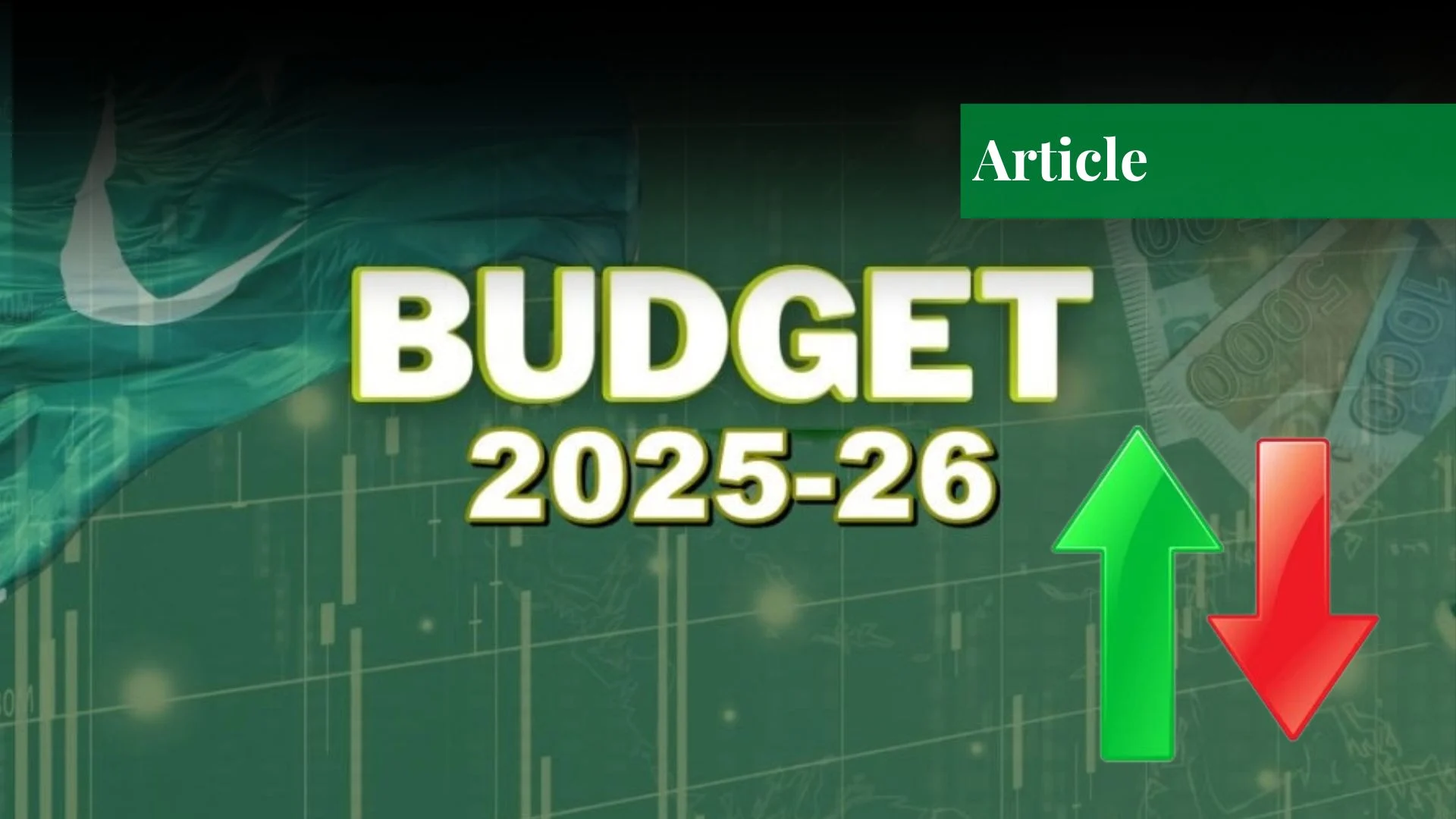Budget 2025–26 Pakistan’s Game-Changing Reforms Set to Energize the Real Estate Sector

Introduction
The 2025–26 Federal Budget has introduced sweeping reforms poised to transform Pakistan’s real estate industry. With strategic tax cuts, regulatory simplifications, and incentives for affordable housing, the government aims to spur growth and formalize the market. From reduced withholding taxes to the abolition of the Federal Excise Duty and property transaction tax breaks, the budget sends a powerful message—real estate is now central to economic revival and inclusive growth.
1. Tax Relief That Counts
A cornerstone of the budget is its substantial tax reforms for property transactions:
Withholding Tax (WHT) has been reduced across the board:
Property Value Old WHT New WHT Highest-value 4% 2.5% Mid-range 3.5% 2% Lower-value 3% 1.5% The Federal Excise Duty (FED) on all property transfers has been completely eliminated. Union DevelopersProperty PK
In Islamabad, stamp duty has been slashed from 4% to just 1% for filers, and 2% for non-filers. Union Developers
These changes are designed to make property buying more affordable and transparent, especially benefiting middle-income buyers and stimulating developer activity.
2. Affordable Housing & Financing Incentives
The budget introduces several key incentives targeted at boosting affordable housing:
Tax-free credits for homes up to 10 marlas (~2,250 sq ft) and flats ≤2,000 sq ft. Nexthome.pkMohsin Estate
A mark-up subsidy of Rs 5 billion has been allocated for low-cost housing schemes, in collaboration with the State Bank of Pakistan. Mohsin Estate
Tax credits on mortgage interest payments, plus government guarantees to promote affordable housing finance via banks. Mohsin Estate
The Naya Pakistan Housing Authority (NPHA) will also receive Rs 1 billion in subsidies. Mohsin Estate
These initiatives aim to unlock housing for underserved demographics and encourage developers to scale affordable projects.
3. Toward a More Transparent Real Estate Market
Reforms go beyond fiscal relief—they’re pushing for a formal, modernized property market:
The total tax burden on property deals is expected to come down from 11–14% to 4–4.5%, greatly lowering entry barriers. Multiworkspropertynaama.com
These reductions will invigorate allied industries (e.g., cement, steel, labor), stimulating a broader economic revival. propertypole.com
The government also encourages digital registration and formal transactions, fostering transparency and reducing the shadow economy. propertypole.comLinkedIn
Overall, these moves signal a shift toward a regulated and investor-friendly real estate ecosystem.
4. Market Implications & Strategic Outlook
The ripple effects of these reforms are considerable:
Increased buyer confidence: Lower entry costs and easier financing make real estate more accessible.
Developer response: A surge in affordable and mid-range housing projects is likely, with digital mortgage platforms gaining traction.
Investment opportunities: Cities like Islamabad, Karachi, and Lahore may welcome a new wave of local and NRP investors.
Urban connectivity boost: Alongside financial reforms, infrastructure projects like the Malir Expressway further enhance real estate value in extended areas. propertypole.com
These factors create a ripe environment for both residential and commercial growth, bridging gaps between demand and investment potential.
5. Potential Challenges Ahead
Despite optimism, several hurdles could dampen outcomes:
Reaching the unbanked and non-filers: Awareness and digital infrastructure must support inclusive outreach.
Institutional readiness: Banks need viable models for affordable housing finance to ensure smooth implementation.
Regulatory follow-through: Sustained impact will depend on clear guidelines and efficient execution.
Still, if managed effectively, these reforms could mark a significant turning point for Pakistan’s real estate.
Conclusion
The Budget 2025–26 has set the stage for a transformative era in Pakistan’s property sector—with financial incentives, policy reform, and structural support aligning to drive growth and inclusivity. By reducing transaction costs, supporting affordable housing, and encouraging formal investment, the government is unlocking new possibilities for buyers, developers, and investors. For Propverge’s audience—whether analyzing realistic investment strategies or advising clients—this budget is a pivotal moment signaling renewed vigor and confidence in Pakistan’s real estate market.


